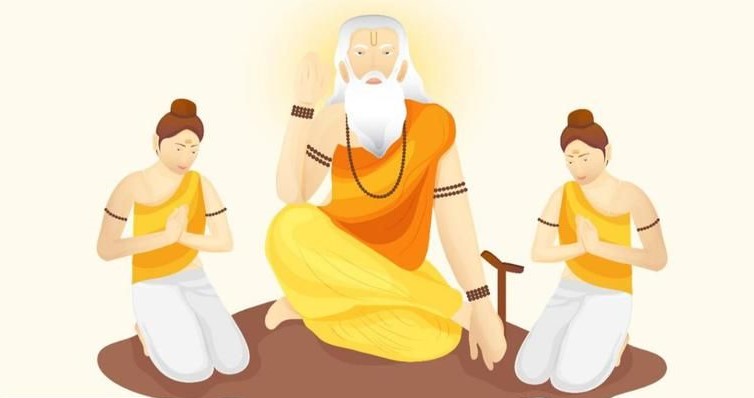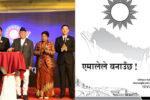KATHMANDU: Teachers Day (Guru Poornima), which falls on the full moon day of Shukla Paksha of Ashadh month, is being celebrated across the country today.
In the oriental philosophy or the Hindu Religion, the word ‘Guru’ holds an importance and unique position. It comes from Sanskrit Language, in which ‘Gu’ means ‘ignorance’ and ‘Ru’ denotes ‘dispel’ and when combined, ‘Guru’ means dispelling ignorance. Hence, Guru is the one who enlightens others by ‘dispelling ignorance’, says Pandit Madhav Prasad Sharma.
“Guru is the conscience (Brahma) and is, thus, worshipped in honor of the contribution made by them in the field of knowledge,” said Sharma, adding, “Guru Poornima is also known as Ved Vyas Jayanti, a scholar who made an immense contribution in the field of knowledge by writing Athaar Puranas, Upanishads among others.
In the ancient time, Guru was the one who used to teach his disciples Gayatri Mantra, enlighten them with knowledge and the skills of archery but in the course of time the definition of Guru has undergone changes and has widened further.
In the present context, Guru is the one who teaches others to be moral, adopt good behaviors, affectionate, humane, tolerant, sympathetic and couragious.
However, the present generation does not show much gratitude towards their Gurus like in the past. The reverence towards Gurus has gone down compared to the ancient time due to various reasons, said Professor Dr. Ramchandra Gautam, the chairman of the Nepal Panchanga Nirnayak Samiti.
Pandit Sharma says parents are the first gurus from whom children learn good culture and knowledge. “Children will learn what their parents teach and demonstrate before them. Hence, parents should be worshipped as first gurus.”








Comment